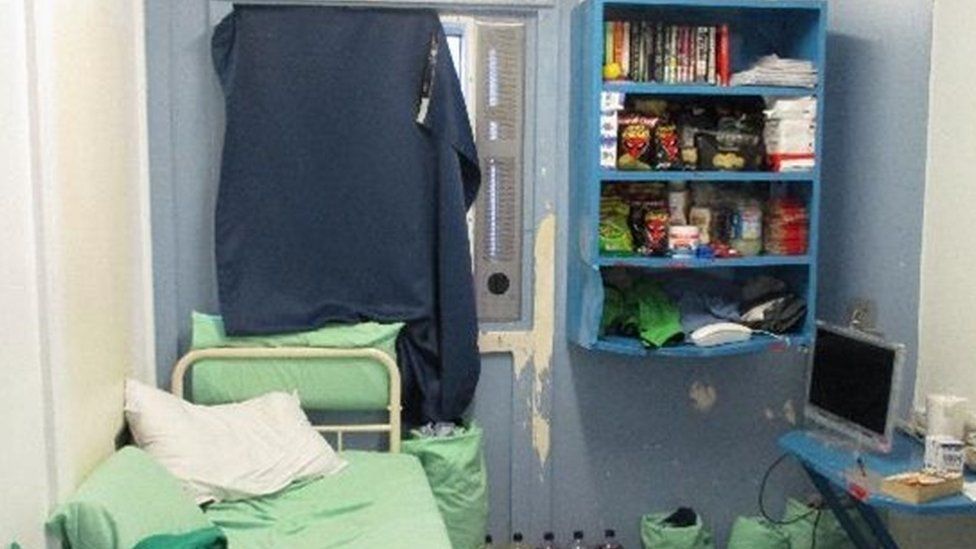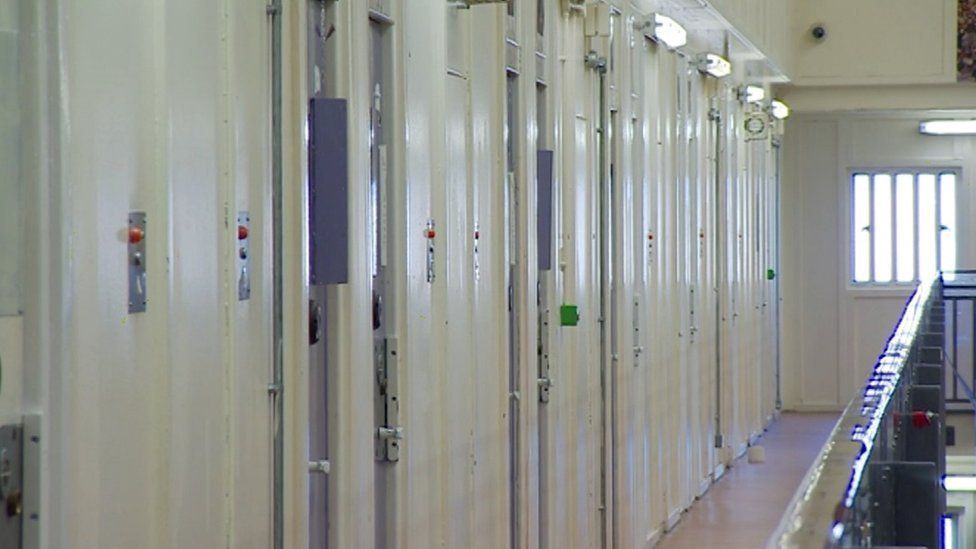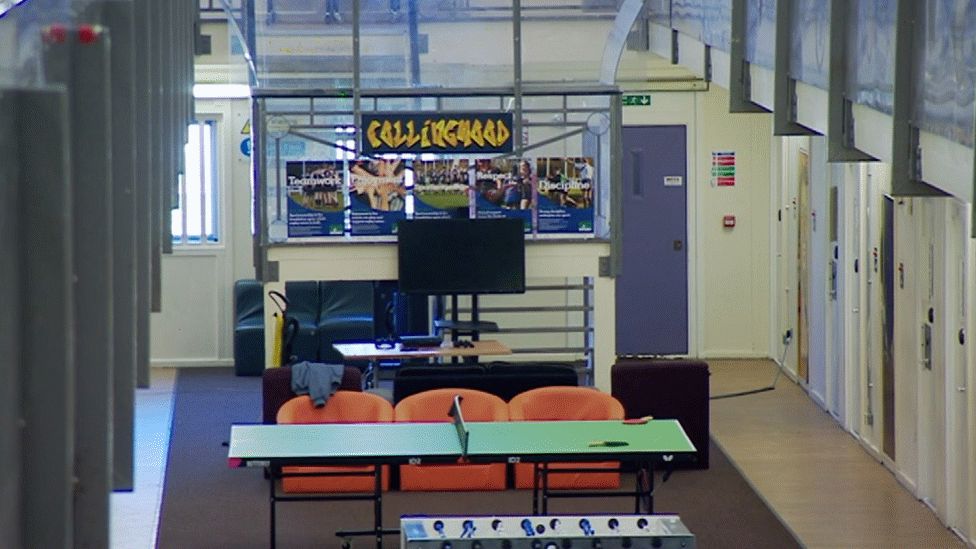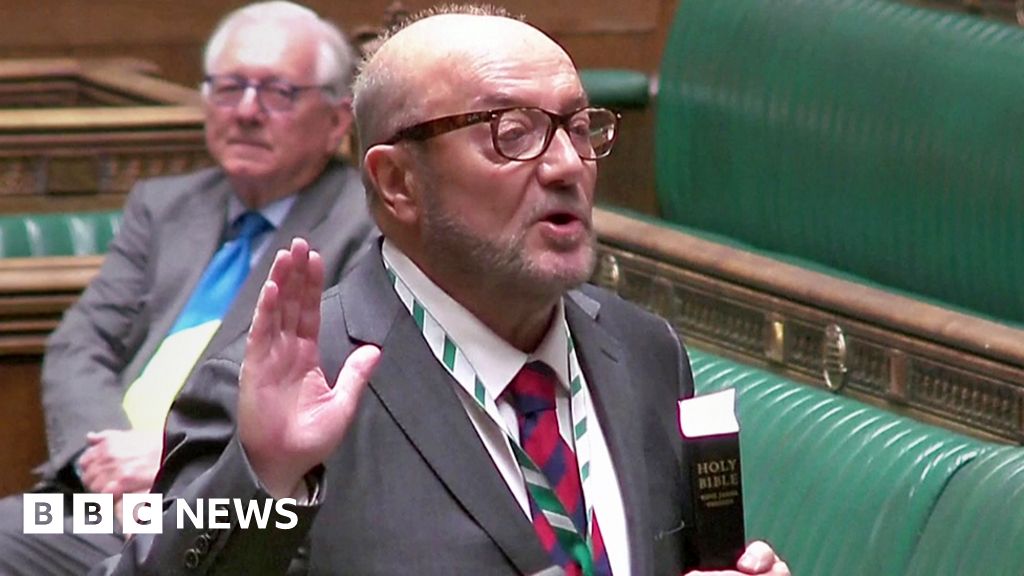Rishi Sunak has suffered his heaviest defeat in the House of Lords after the archbishop of Canterbury and former Conservative ministers joined forces with the opposition to force through five amendments to the Rwandan deportation bill.
The string of government setbacks, most passed by unusually large margins of about 100 votes, means the legislation, which aims to clear the way to send asylum seekers on a one-way flight to Kigali, will have to go back to the Commons.
The prime minister has previously warned the unelected chamber against frustrating the “will of the people” by hampering the passage of his safety of Rwanda (asylum and immigration) bill, which has been approved by MPs.
Sunak has made “stopping the boats” a key pledge of his leadership. However, he has been hit by several setbacks including the bill being challenged in the courts. Last week, official auditors said it will cost £1.8m to send each of 300 migrants to Rwanda.
The draft legislation and a treaty with Rwanda are intended to prevent further legal challenges to the stalled deportation scheme after the supreme court ruled the plan was unlawful.
As well as compelling judges to regard the east African country as safe, it would give ministers the power to ignore emergency injunctions. It has been warned that the legislation is “fundamentally incompatible” with the UK’s human rights obligations and would flout international law.
But Downing Street has said the government remains committed to sending flights to Rwanda “in the spring”.
In all, peers backed five changes to the bill on Monday night, including ensuring it complied with the rule of law and that parliament cannot declare Rwanda to be safe until the treaty with its promised safeguards is fully implemented.
The Lords also supported a move that would allow the presumption the country is a secure haven to be challenged in the courts.
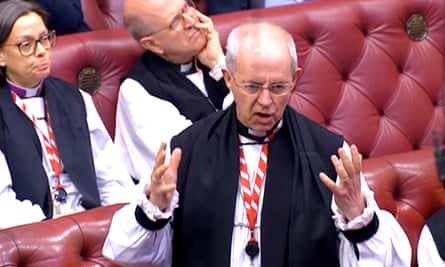
Among those to vote against the government were the Most Rev Justin Welby and Conservative grandees Ken Clarke, Lord Deben and Viscount Hailsham, who have all previously held Cabinet positions.
The size of the defeats raise the prospect of an extended tussle between the Commons and Lords during “ping-pong”, in which legislation is batted between the two houses until agreement is reached.
The barrister and independent crossbencher David Anderson said the provision in the bill requiring Rwanda to be treated as safe “takes us for fools”.
Proposing an amendment that would allow the presumption to be challenged in the courts, Lord Anderson added: “If Rwanda is safe as the government would have us declare, it has nothing to fear from such scrutiny.
“Yet we are invited to adopt a fiction, to wrap it in the cloak of parliamentary sovereignty and to grant it permanent immunity from challenge. To tell an untruth and call it truth. Why would we go along with that?”
Welby said international human rights law had developed following the horrors committed by Nazi Germany, to act as a “fallback” and “stop” on governments. “We are not in any situation remotely like that, let’s be clear,” the archbishop added.
“The government is not doing something on the scale of what we saw at that stage, but the government is challenging the right of international law to constrain our actions.
Lord Clarke, the former chancellor, said he hoped there would be a legal challenge to the bill if it was passed. “I cannot recall a precedent in my time where a government of any complexion have produced a bill which asserts a matter of fact – facts to be fact,” he said.
Later, responding to concerns about the mental health support asylum seekers would receive in Rwanda, the Home Office minister Andrew Sharpe said: “It would be far in the best interests, mental health interests of those seeking asylum, and who are victims, to seek asylum in the first safe country they came to.”
The government faces the threat of further defeats on Wednesday when the bill is again before the Lords.
The UK and France are planning to establish a new customs partnership designed to disrupt the supply chain of small boats in the Channel.
James Cleverly, the home secretary, hosted a meeting in Brussels on Monday of the Calais Group of northern European countries. They plan to disrupt the supply chain of boat parts including engines and building materials.
https://news.google.com/rss/articles/CBMid2h0dHBzOi8vd3d3LnRoZWd1YXJkaWFuLmNvbS93b3JsZC8yMDI0L21hci8wNC9sb3Jkcy1wYXNzLWZpdmUtYW1lbmRtZW50cy10by1yd2FuZGEtYmlsbC1pbi1oZWF2eS1kZWZlYXQtZm9yLXJpc2hpLXN1bmFr0gF3aHR0cHM6Ly9hbXAudGhlZ3VhcmRpYW4uY29tL3dvcmxkLzIwMjQvbWFyLzA0L2xvcmRzLXBhc3MtZml2ZS1hbWVuZG1lbnRzLXRvLXJ3YW5kYS1iaWxsLWluLWhlYXZ5LWRlZmVhdC1mb3ItcmlzaGktc3VuYWs?oc=5
2024-03-05 02:31:00Z
CBMid2h0dHBzOi8vd3d3LnRoZWd1YXJkaWFuLmNvbS93b3JsZC8yMDI0L21hci8wNC9sb3Jkcy1wYXNzLWZpdmUtYW1lbmRtZW50cy10by1yd2FuZGEtYmlsbC1pbi1oZWF2eS1kZWZlYXQtZm9yLXJpc2hpLXN1bmFr0gF3aHR0cHM6Ly9hbXAudGhlZ3VhcmRpYW4uY29tL3dvcmxkLzIwMjQvbWFyLzA0L2xvcmRzLXBhc3MtZml2ZS1hbWVuZG1lbnRzLXRvLXJ3YW5kYS1iaWxsLWluLWhlYXZ5LWRlZmVhdC1mb3ItcmlzaGktc3VuYWs
